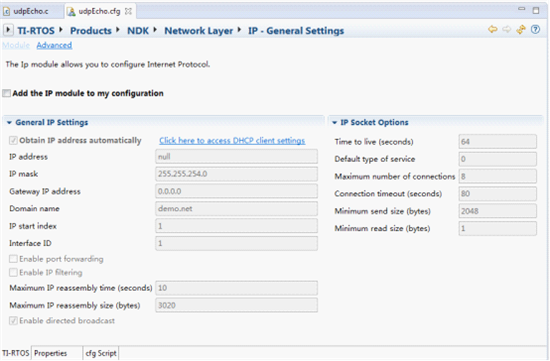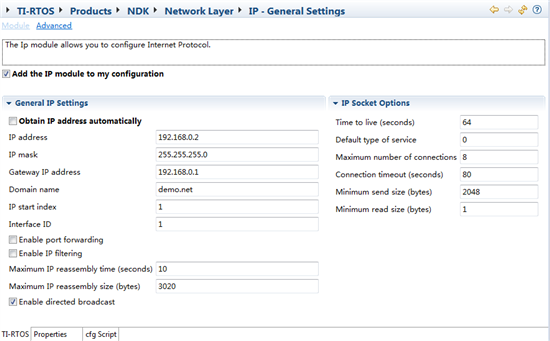Other Parts Discussed in Thread: SYSBIOS
if i want to use uart2, then i use the pinmux to get
uart2_rxd_mux0, uart2_txd_mux0,
i want to know, is
uart2_rxd_mux0, uart2_txd_mux3,
or,
uart_rxd_mux3, uart2_txd_mux0,
is ok?when i select a group of uart,do i need to make the uart2_*xd_mux<n> have the same <n> ?



